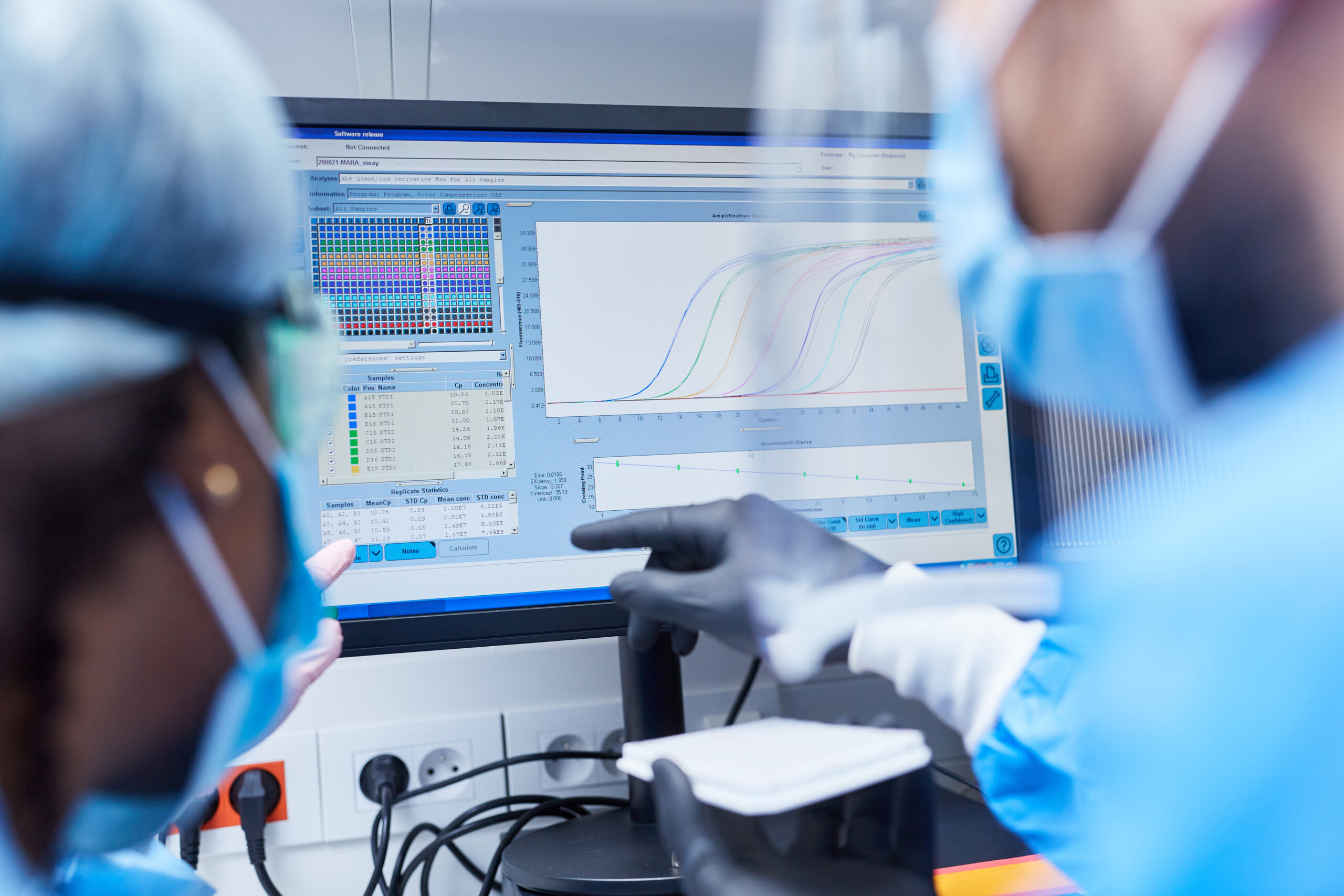The field of precision medicine is rapidly evolving, moving healthcare away from a “one-size-fits-all” model to treatments tailored to individual patients. Data science is at the core of this transformation, providing healthcare professionals with the tools to analyze vast datasets that guide the development of targeted therapies. A study in The New England Journal of Medicine noted, “Genomic data analysis enables clinicians to predict responses to cancer therapies, moving away from trial-and-error treatments to precision-targeted interventions.”
As healthcare increasingly embraces data-driven approaches, big data is revealing patterns that were previously unseen. This is particularly impactful in cancer care, where oncologists can compare a patient’s genetic mutations to global databases to select the most effective therapies. Dr. Francis Collins, Director of the National Institutes of Health (NIH), highlights, “The future of medicine lies in precision—the ability to customize treatments based on individual genetic and environmental factors.”
As these advancements gain momentum, tools like Anju’s TA Scan are empowering healthcare professionals to gain deeper insights into clinical trial and KOL landscapes, accelerating the development of personalized therapies.
Data Science: The Backbone of Precision Medicine
Data science allows healthcare professionals to interpret a wide array of data points, such as genetic information and clinical histories, to make better treatment decisions. Predictive modeling also helps them anticipate patient responses to treatments, reducing reliance on trial-and-error approaches. Dr. Atul Butte of UCSF points out, “Hiding within those mounds of data is knowledge that could change the life of a patient, or change the world.”
In oncology, for example, data scientists analyze cancer mutations to find therapies that have been successful for similar profiles. This advancement allows for more precise, tailored therapies and a reduction in unnecessary treatments.

Precision Medicine in Practice: Tailored Therapies
Precision medicine is already transforming patient care, particularly in the treatment of diseases like cancer, by integrating patient-specific genetic and environmental information. Dr. David Agus, a leading oncologist, states, “We now have the technology to match patients to the right treatments, and that’s a game-changer.”
Through precision medicine, healthcare providers can identify biomarkers, stratify patient populations, and design clinical trials that focus on targeted therapies, helping to improve patient outcomes and reduce side effects. By leveraging key opinion leader identification, research teams can better align trials with expert insights.
Overcoming Challenges in Precision Medicine
One of the major challenges facing precision medicine is the sheer volume and complexity of the data involved. Healthcare providers need tools to analyze vast amounts of genomic, clinical, and environmental data while ensuring compliance with regulatory standards. A review in The Lancet underscores the importance of big data analytics, noting that “Unlocking the full potential of precision medicine requires sophisticated tools to manage and interpret vast datasets.”
Anju’s TA Scan helps streamline clinical trial feasibility and site selection, KOL identification, and competitive intelligence by aggregating and analyzing publicly available data from multiple sources, providing actionable insights for decision-making without the complexities of managing private or sensitive data.

Ethical and Regulatory Considerations
As precision medicine evolves, so do the ethical and regulatory challenges surrounding the use of personal data. Privacy, data security, and patient consent are crucial issues that research teams must navigate. According to an article on Ethical Issues in Precision Medicine, “Ethical challenges in precision medicine primarily revolve around privacy concerns, informed consent, and the potential for genetic discrimination.”
Anju’s TA Scan aggregates publicly available data, allowing researchers to focus on analyzing clinical trial landscapes and identifying key opinion leaders without the need for managing sensitive personal data or adhering to complex privacy regulations
A Data-Driven Future for Precision Medicine
The future of healthcare is undeniably data-driven, and precision medicine is at the forefront of this transformation. As data science continues to evolve, the ability to deliver personalized therapies based on genetic, environmental, and lifestyle factors will revolutionize how we treat complex diseases. Anju’s TA Scan will continue to play a pivotal role in this journey, empowering healthcare professionals to unlock the full potential of precision medicine.
Images used under license by Adobe.
Authored by Loren Sabek, Marketing Strategist and Elke Ydens, Associate Director of Business Solutions, Data Division
Loren Sabek combines a strong academic foundation in biomedical sciences and psychology with a master’s degree in medical science to bring a multidisciplinary perspective to healthcare communication. Her work in the health technology sector spans clinical trial software, pharma solutions, and medical affairs platforms, where she has developed strategies that connect scientific innovation with policy, ethics, and patient impact. Connect with Loren on LinkedIn to explore her work further.
Elke Ydens, Associate Director of Business Solutions at Anju’s Data Division, brings over a decade of life sciences experience and a PhD in Biochemistry and Biotechnology from the University of Antwerp. As a Subject Matter Expert in Data Science, she adeptly addresses customer needs, leveraging her background in neuro-immunology and biochemistry. Elke remains dedicated to professional growth, contributing to industry publications, and staying updated on industry trends, while also finding success in extracurricular pursuits, formerly competing in world and European bridge championships, and more recently active in beekeeping and coaching. Connect with Elke on LinkedIn to explore her achievements further.
